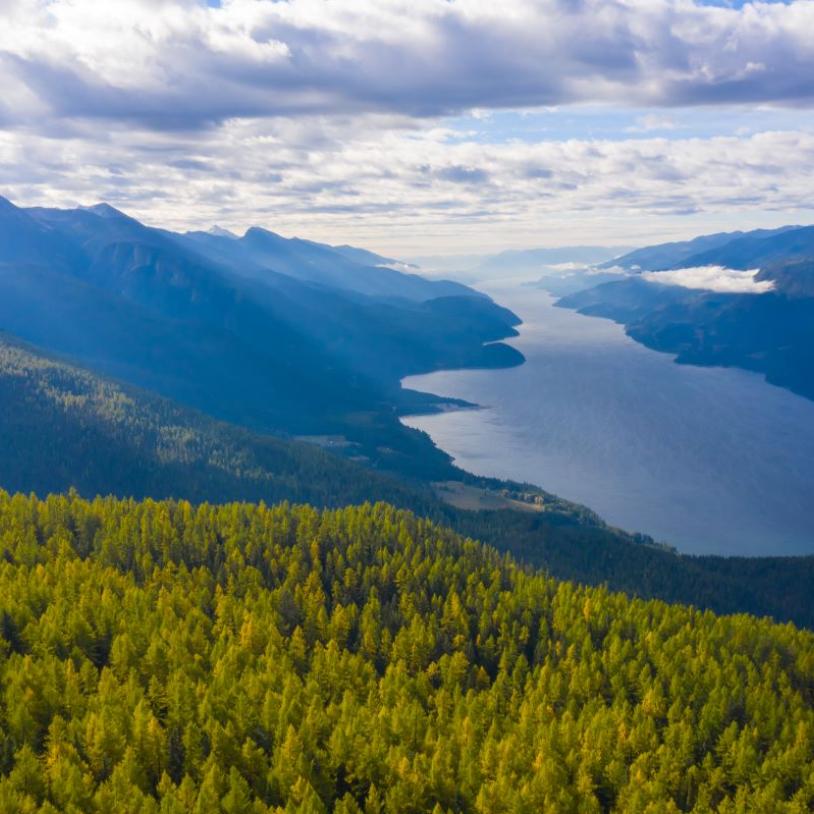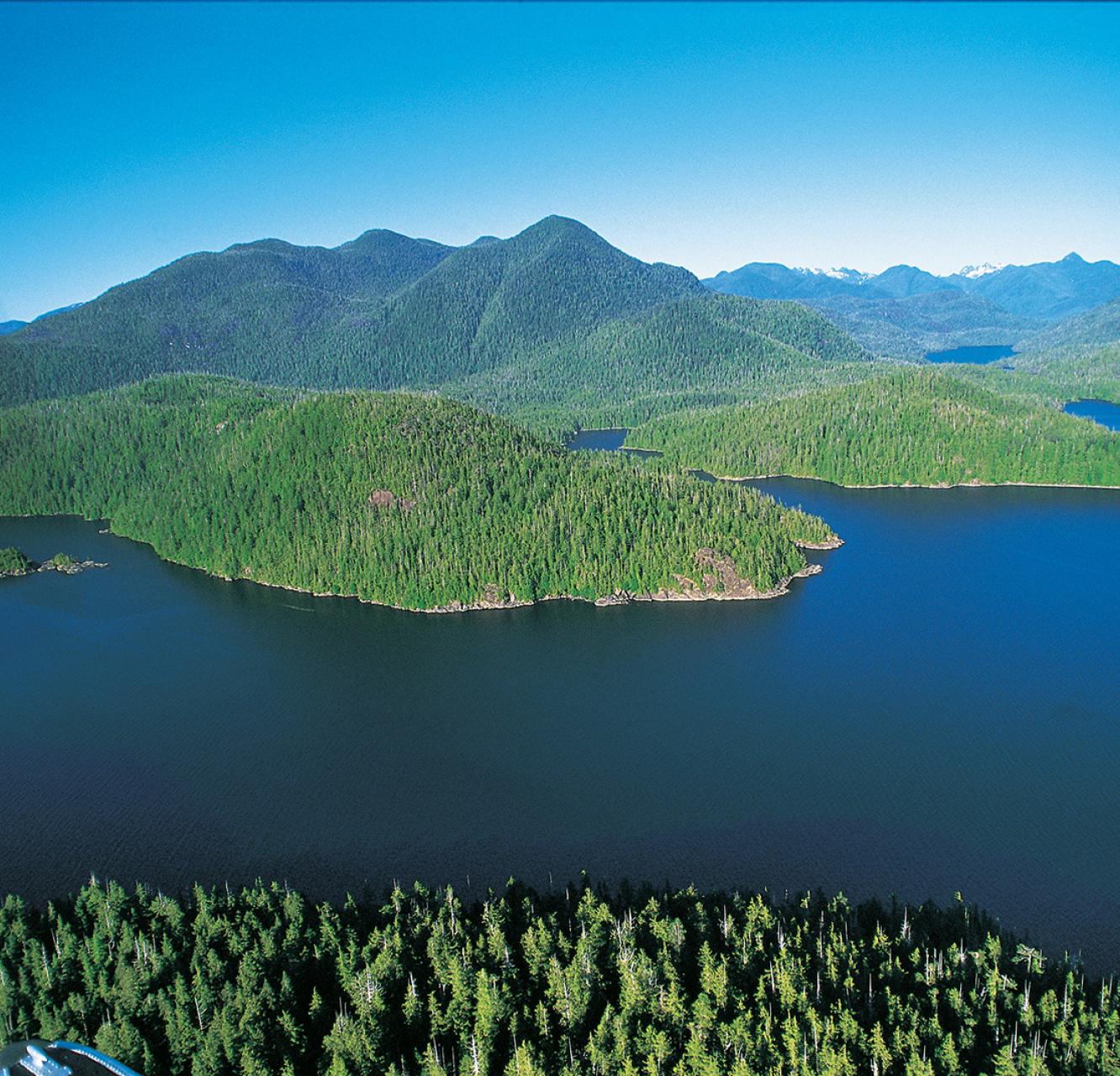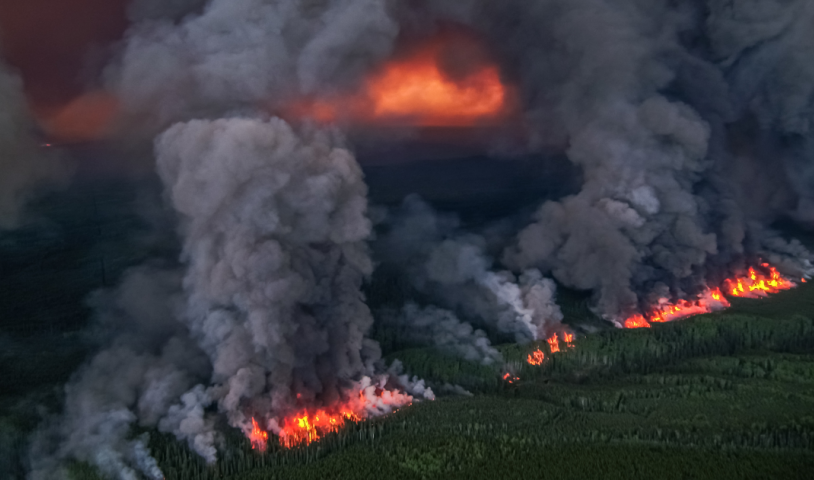Wilderness Committee to appear in court to answer Taseko's defamation charge
Wednesday, January 21, 2015“Lawsuits like these eat away at the very foundations of democracy and free speech, which form the basis of our society," says Wilderness Committee's Joe Foy.
The Wilderness Committee went to court on Monday to defend itself against a defamation suit brought by Taseko Mines Ltd. The lawsuit stems from comments made by the Wilderness Committee in 2012, during a public comment period for Taseko's proposed New Prosperity Mine, according to a press release.
"I don't know why we were singled out," Wilderness Committee national campaign director Joe Foy told the Vancouver Observer. "We have a tactical rule that we've stood by for 35 years, which is that we remain strictly within the law. We believe in the rule of law and want people to stay there."
He said the lawsuit by Taseko was meant, in his opinion, "meant to chill us out, but its true effect is to make an example of us."
In March 2012, Taseko Mines filed the notice of civil claim back alleging that the Wilderness Committee made defamatory statements online regarding the review process of the mine.
The mine proposal was since turned down by the federal government because of unacceptable risks to the environment and Aboriginal rights.
The defamation hearing against the Wilderness Committee is expected to continue for two weeks. Foy said he'd kept "open ears" to what the mining company felt were objectionable claims by Wilderness Committee, but that he didn't feel any of his group's criticisms went beyond "fair comment" on the project.
“Lawsuits like these eat away at the very foundations of democracy and free speech, which form the basis of our society. We intend to stand our ground,” Foy said.
Grand Chief Stewart Phillip of the Union of BC Indian Chiefs will be in support of the Wilderness Committee at the courthouse.
“The fight to protect Teztan Biny (Fish Lake) is not just about a mine, it’s about upholding First Nations’ title and rights. Taseko’s proposed mine is within Tsilhqot’in territory and the UBCIC fully supports the Tsilhqot’in Nation Government’s great opposition to it," said Grand Chief Phillip. "The stated positions of First Nations and the carefully considered opinions of environmental groups like the Wilderness Committee are vital, and should never be allowed to be smothered by deliberate legal intimidation,” he said.
Executive Director of Ecojustice Devon Page, who will also attend the gathering, said he think Wilderness Committee was sued because they were highly effective at getting their message out.
"All voices need to be heard in the continuing debate about environmental protection in this province," said Page. "Using the court to stifle public discussion does not result in better government decision-making and it certainly doesn't result in better outcomes for the environment or for the people of British Columbia," he said.
He told the Vancouver Observer the anti-SLAPP (strategic lawsuit against public participation) legislation was dropped for “highly political” reasons. One of the key features of anti-SLAPP is that there's a no way, cost-wise, of determining if a case should proceed.
"I think (companies like Taseko) file these lawsuits because they're effective," said Page. “Before, people could speak out about anything in the public interest without the fear of being sued. But now, most of the public never hears about when someone gets a SLAPP suit, because they may have to sign a non-disclosure agreement and not talk about it anymore.”
A statement from Taseko Mines is pending.
With files from Jenny Uechi
Photo: Joe Foy speaks to a crowd gathered on the steps of the courthouse January 19, 2015, the first day of the trial. Alexis Stoymenoff.





